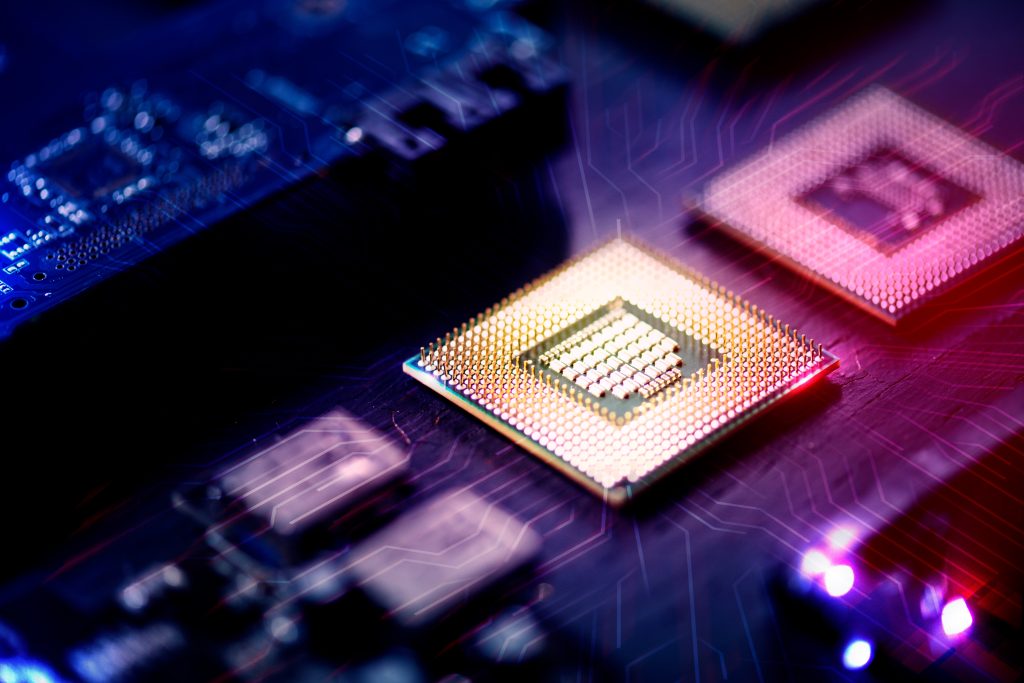French Startup Alice & Bob takes on Amazon in quantum chip race with ‘Cat State’ Qubits
French startup Alice & Bob challenges tech giant Amazon in the quantum chip race with their innovative “cat state” qubits inspired by Schrödinger’s Cat. These superconducting qubits could make quantum computers up to 60 times more efficient, potentially revolutionizing the field.

Alice & Bob, a French startup, is taking on industry giant Amazon in the competition to create highly efficient quantum chips. They draw inspiration from Schrödinger’s Cat experiment, developing superconducting qubits in a state similar to the famous cat simultaneously being alive and dead. This unique approach is aimed at addressing the quantum errors that afflict current quantum computers, which stand in stark contrast to traditional qubits relying on varying energy levels. Alice & Bob’s research indicates that the use of these “cat state” qubits could potentially enhance quantum computers’ efficiency by up to 60 times.
Although challenges persist, Alice & Bob’s innovative research offers the prospect of making quantum computing more practical and competitive, bringing us closer to harnessing the full potential of quantum technology. Their goal is to introduce a 14-qubit system by the close of 2023, with subsequent calibration efforts underway.
Why does this matter?
The development of efficient quantum chips, such as those being pursued by Alice & Bob, could unlock groundbreaking capabilities, from significantly faster data processing to solving complex problems currently beyond the reach of classical computers. The significance of their work lies in their potential to transform the quantum computing landscape, as current systems are notably inefficient due to quantum errors. Alice & Bob’s technology holds the promise of significantly reducing the required number of qubits for complex tasks like breaking RSA-2048 encryption. As major players like Amazon enter the race, it underscores the significance of this technology and its potential to disrupt various industries. The outcome of this competition could shape the future of computing and innovation, with broad-reaching implications for science, cryptography, and beyond.
